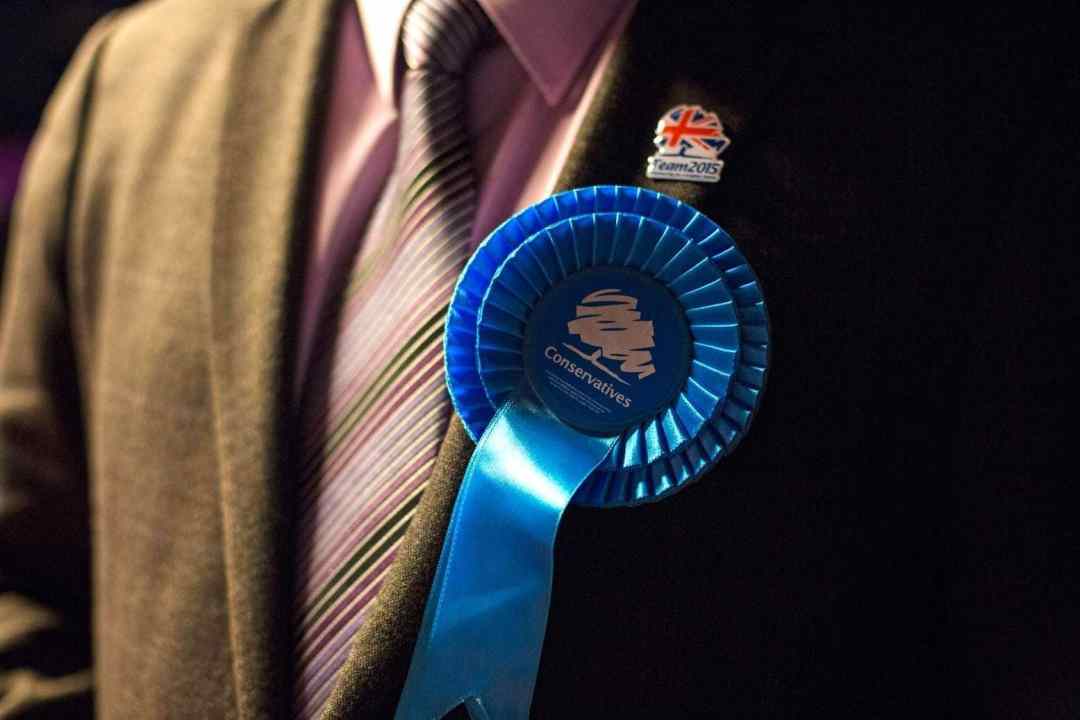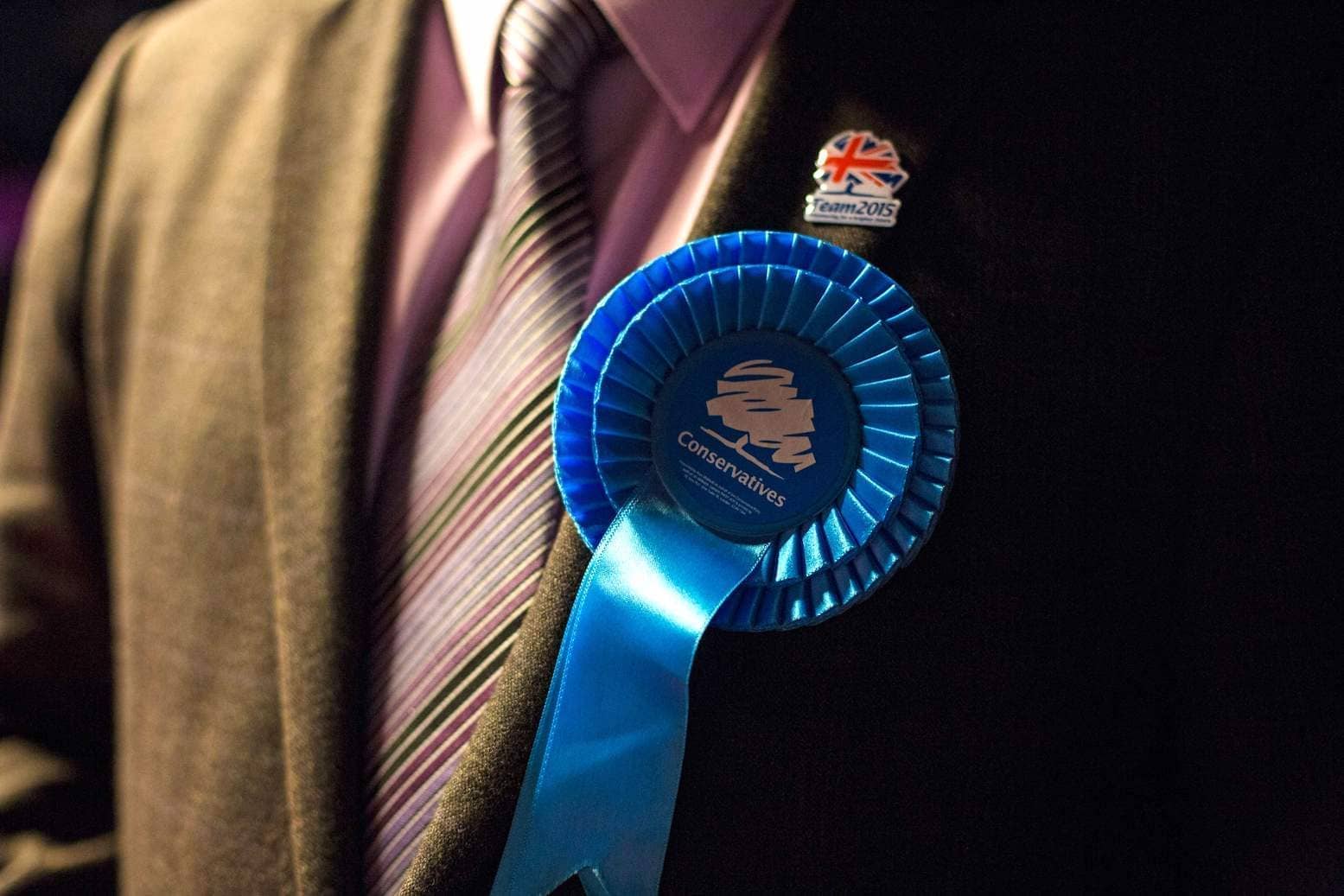With Jeremy Hunt installed as the representative Sensible and Penny Mordaunt answering questions in the House, Liz Truss has been reduced to politely cheering on the people actually in charge. Those in Westminster seem to think that her chances of leading the Conservatives into the next election are comparable to the chances of discovering Lord Lucan and Elvis in a service station off the M25. Truss will be replaced, many expect, once the party can work out who to appoint. In the meantime, with fox hunting off the menu, the Conservative party is left with little choice but to while away the winter with its second favourite bloodsport: leadership plots and recriminations.
A running theme in the anti-Truss camp is the sense that this is, when you get down to it, the membership’s fault. They voted for Truss over Rishi Sunak, and lo and behold: Truss imploded. Having delivered one body blow to the party, they can’t be trusted to vote again; the rules should be changed so that MPs and MPs alone choose their leader, avoiding any repeat of the last month’s debacle.
Once you break the norm that plotting against the leader is a bad idea, it’s easy to break it again
This narrative lets MPs off the hook too easily. Truss, Mordaunt, Tugendhat, Zahawi, and Braverman all pledged tax cuts. Only Kemi Badenoch and Rishi Sunak ran on platforms of fiscal discipline. The latter managed to scrape up 128 MPs between them in the first round of voting. By the time Sunak reached the final three with Truss and Mordaunt, he had added an extra nine MPs to this total. The demand in the parliamentary party to do something about the tax burden was clearly there.
To the extent that the leadership vote caused problems, it was through a simpler mechanism. MPs were split. Whoever the members chose, they would only have had the support of about a third of the parliamentary party. The rest would have backed a different candidate, feeling no sense of obligation to a leader who did not help them secure their seat. These are MPs who have spent the last six years marinating in an environment where plotting against the leader is the norm rather than the exception. Whoever stepped into the role – Sunak, Truss or even Mordaunt – was due for a leadership crisis at some point.
Now, admittedly, Truss has triggered her crisis rather sooner than the others might have. There is a case to be made that the problem with her mini-Budget was less what she was trying to do than how she went about doing it, and this applies also to her management of the party. It takes a special sort of talent to convince Tory MPs to vote against tax cuts, and Truss has proven to possess it in spades, spooking markets and with them MPs. But the point remains that a party on its fourth leader in six years is one suffering a certain lack of stability.
This can’t be blamed on the members. Theresa May was crowned by the parliamentary party; Boris Johnson took a majority of them with him into the membership vote. It can hardly be argued that these leaders were foisted onto MPs against their wishes, but MPs still eventually turfed them out. Once you break the norm that plotting against the leader is a bad idea, it’s easy to break it again. And with each successive breach, discipline gets worse. Why take fire for an unpopular policy when the leader will be gone in a year or so anyway? Why not use it as an opportunity to push for your guy to get the top job?
This is exacerbated by the godawful state of the parliamentary party, short on talent and long on sleaze. With each successive round of revolutions and resignations, the pool of candidates to draw on grows smaller, and the quality of the options declines further – creating ample opportunity for discontent and revolt.
But again, none of this can really be blamed on the membership; they simply choose from the options presented to them by their MPs. To the extent that they are to blame, it’s for selecting their representatives in the first place. Or it would be, if they still did; CCHQ has carefully centralised the process for approving potential candidates, ensuring that the party selects the right sorts for the job. Given the sort of people currently occupying parliament, this is not exactly encouraging. It could even be argued that the problem with the current system is that members aren’t powerful enough.
For all that people worry about ‘unrepresentative’ members choosing leaders, they’re closer to the general public on economic and social issues than the MPs themselves; perhaps if they were given the ability to select those MPs, the party might find itself in tighter ideological alignment around its leadership. And if it doesn’t, it’s not as if they could do a much worse job.








Comments